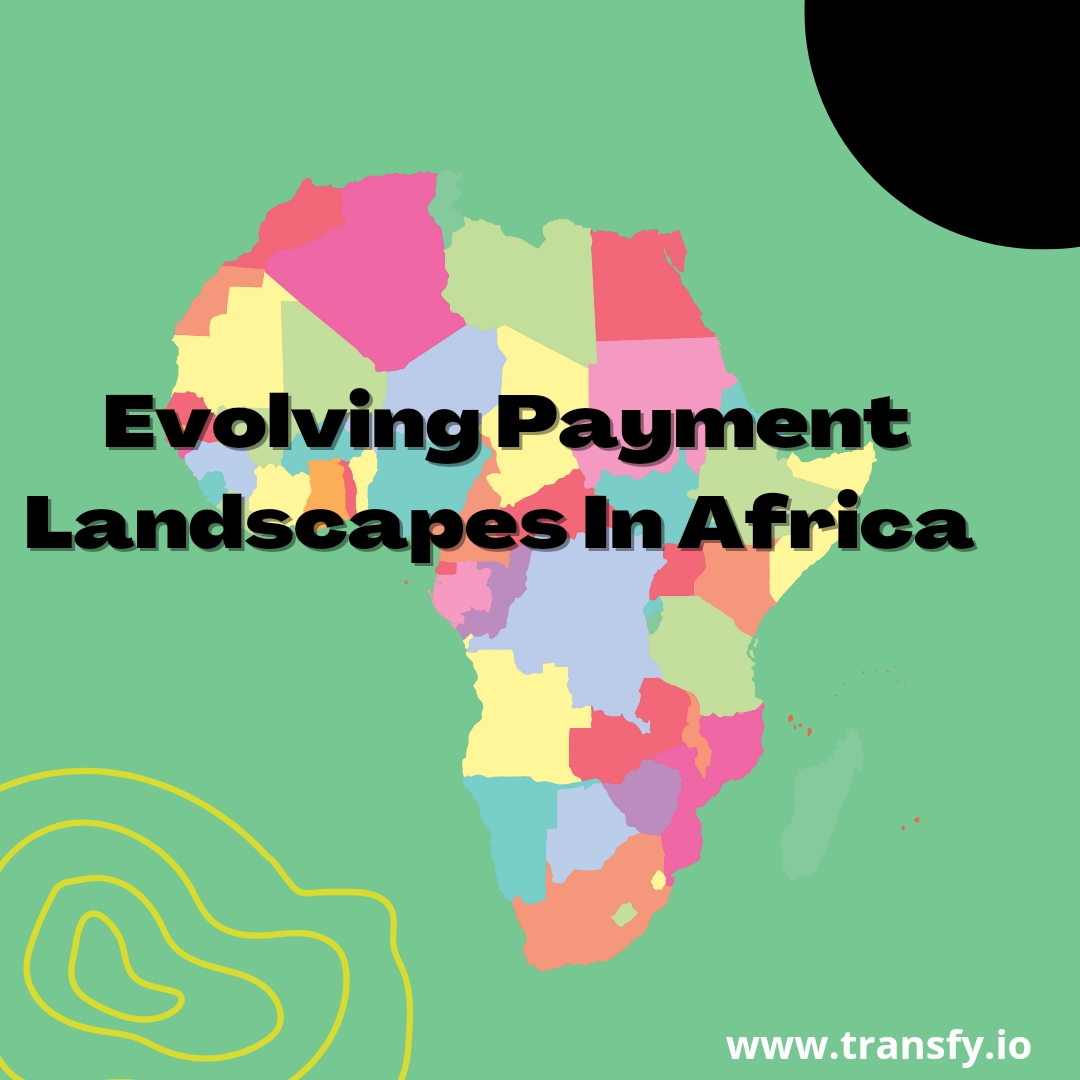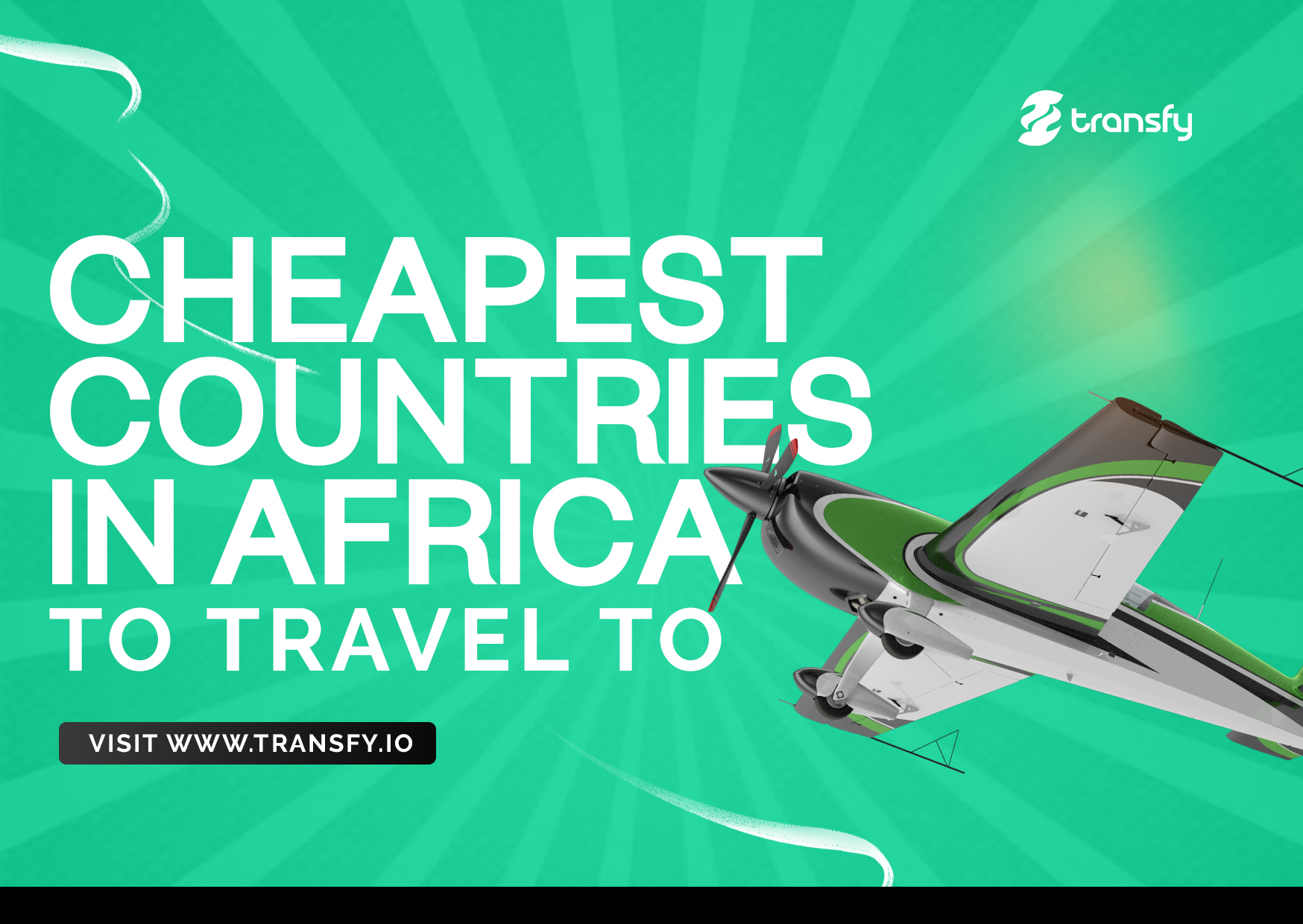Africa is the second-largest continent in the world, with over 1.2 billion in population, and is projected to reach 1.7 billion by 2030. With that comes a high demand for various products and services to satisfy the needs of the ever-growing population. Not to mention a large population of the labor market who are always looking for new and better job opportunities.
The eCommerce industry in Africa has grown tremendously over the years. From general merchandise to agriculture, digital products, and services, there are too many business opportunities to go round. Industrialization is also fast growing, with over four hundred companies in Africa closing revenue of $1 billion yearly, even more than their counterparts in the global market.
Albeit, there are numerous e-commerce opportunities in this vast and growing continent. However, starting or expanding your business in Africa is not as easy as just setting up a shop and waiting for the customers to start rolling in. You must put in a lot of work and ideas to succeed.
With that said, are you a business owner looking to expand your business into Africa? Or perhaps, you're hoping to break into the African market with your new business? Then this article is for you.
This post explores ten actionable and proven tips to help you expand your business successfully in Africa. Read along to learn more.
10 Actionable Tips To Expand Your Business In Africa
If you're looking to expand your business into Africa, here are ten actionable insights that will help you get started:
1. Do Your Research
It's one thing to want to start a business. It's another thing to know enough about the company you want to start. To do successful research, you have to cover the following factors:
- Research the Products and Services You Hope to Offer: What is the success rate of similar offerings in the African market? What are the rates at which they are sold? What is the cost and process of production? What are the import/export strategies in your preferred location if they would be imported? These insights will help you choose the right business product or services to bring into the market.
- Choose Your Target Market: Who do you hope to attract to your business? What are the problems they have that you hope to solve? How does your product or services solve these problems? What are their buyer personas and buying capacity? These will help you identify the right market and stay on the right track with marketing/selling your products and services.
- Know Your Competition: Do a competitive analysis of other businesses offering the same business propositions as yours, from their product offerings to packaging, down to marketing strategies. There’s no need to reinvent the wheel if you can copy their strategy and make them better. This will help you improve your products and create a unique selling point to attract more customers.
2. Connect With Local Partners
A local partner understands the business landscape and can help you navigate the cultural nuances of doing business in Africa. They can also help you connect with local businesses and government officials.
But finding the right local partner is no easy task. You need to do your homework and ask the right questions: What experience does this person have in business? What is their track record? What is their relationship with government officials? On the other hand, you might want to work with a co-founder who shares the same business interests as you and is ready to build/expand with you.
By partnering with the right person, you'll be able to expand your business quickly and easily without all the headaches.
3. Establish A Presence in Key Markets
You must have chosen the right market and product, and also connected with local partners. It's time to create awareness about your products/services. To do this, you would need to market your business offerings across all the channels used by your potential customers. After all, if no one knows about your business, how will they buy from you?
There are many different ways to market your business in Africa, and the best way to figure out what works for you is to experiment. You can try out a few different methods and see what gets the best response.
Some popular methods include: social media marketing, search engine marketing, offline marketing (handbills, word of mouth, posters, billboards), organizing trade shows or conferences, multimedia marketing (TVs, Radio), email marketing, or you can as well partner with a local business, etc.
4. Advertise in the Local Language
When advertising your business in Africa, it's important to use the local language. This will help you connect with potential customers and create a connection on a personal level. Also, using the local language will appeal more to rural settlers, and the older generation. And not just that, your brand message will be better conveyed and understood in the local language than in a foreign language.
Some of the best ways to advertise your business in Africa include local radio and television stations, newspapers, and online platforms. To maximize your reach, consider advertising in multiple mediums. Additionally, be sure to highlight the benefits of your products/services in your advertising campaigns. And always make sure your branding is consistent across all mediums.
5. Leverage Technology
With over 650 million mobile phone users in Africa, it may be hard to succeed in a business in modern-day Africa without leveraging technology or creating an online presence. That being said, you have to digitalize various aspects of your business to make it more seamless for you and your customers.
Instances, where you can leverage technology for your business, include: developing a mobile app for your business, using digital payments, booking orders/appointments online, integrating chatbots for round-the-clock customer support, online advertising, etc.
6. Launch an eCommerce platform
We assume you've got the ball rolling to start selling your products and services. So, it's time to launch an eCommerce platform for your business. You may want to use a third-party eCommerce platform or integrate one on your website. Whatever the case, here are a few things you should keep in mind:
1. Do Your Research: There are many options out there, so take the time to compare different platforms and find the one that best suits your needs.
2. Consider Your Budget: Some platforms are more expensive than others, so choose one that fits your budget.
3. Think About Your Audience: Some platforms are geared towards a specific audience, so choose one that caters to your target market.
4. Choose the Right Platform: Not all platforms are created equal, so make sure you choose one designed for businesses like yours.
Finally, with an eCommerce platform comes a payment section - for order payments and confirmations. As a business owner who is looking to expand in Africa, this is where you would want to make payment more seamless and instant for your customers across Africa.
Thankfully, Transfy offers a remittance API to make things easier for you. All you need is to integrate the API on your website or eCommerce with a single line of code. Then you can start accepting payments from your new and existing customers without hassles.
7. Provide Multiple Payment Methods
Whether you are starting a new business or expanding you already -existing business in Africa, it is important that you provide multiple payment methods for your customers at all times. Customers love having choices when it comes to payment payments. This is because different people have different payment methods that work best for them. Hence, the need to offer your customers multiple choices to pay you. Some of Africa's most popular payment methods include mobile money, bank transfers, and cash on delivery, etc.
However, with a multicurrency wallet, you can send, accept and manage payments from different payment channels. Transfy offers the perfect multicurrency wallet for businesses that need a more seamless means of accepting payments from customers across Africa. By using Transfy, you don’t have to bother about collecting payments from customers in different African countries. Your customers can pay you in their local African currencies, while you can instantly exchange them to your preferred currency with Transfy multicurrency wallet.
8. Offer Round-the-clock Customer Service
When expanding your business into Africa, offering round-the-clock customer service is important. You can provide support to your customers through calls, online chats, SMS, emails, or even in-app messaging. That way, you can ensure that your customers always have someone to turn to when they need help. A dedicated customer service team will help you build relationships with your customers and make them feel valued.
Plus, having standby customer support shows that you're serious about solving your customer’s problems with your products and services. This will make it easier to build trust and improve customer retention and loyalty.
9. Offer Competitive Pricing
The competitive pricing strategy can never be underestimated in business. By offering competitive prices to your customers, they would be more inclined to buy from you than your competitors. Customers would readily choose a more affordable product that solves their problems, or a high-priced product that offers more value than their cheaper counterparts. In all, ensure to create enough awareness about your products/services that way, you would put your businesses in the faces/and on the lips of your target customers. And with a competitive price, they would be yours for keeps.
10. Optimize Your Strategies
Assuming you have done everything needed to do to expand your business in Africa. You’ve done your research, advertised your business, partnered with local businesses, leveraged technology, etc. However, it doesn’t end at that. You have to analyze the data and insights gotten from your customers and competitors, then use them to optimize your business strategies.
Always have in mind that there are no one-size fits all strategy for growing your business. Hence you have to identify your KPIs, and long and short-term business goals, and tweak your techniques to align with these strategies. In all, you have to be flexible to make/accommodate a lot of changes to your business until you attain the desired goals/success.
Finally, you need to create a distribution strategy that will get your products or services to the right people. Without an effective distribution strategy, your products will not get to your final consumers as fast as they should.
In Summary
Africa is a vast and diverse continent, with over 1.2 billion people with numerous opportunities for individuals and businesses. Expanding your business into Africa can be incredibly rewarding if you're willing to put in the work. Nonetheless, you may experience several roadblocks and challenges which may hinder your business growth or slow down the growth process. However, with patience, hard work, and a growth mindset, you can tweak these insights and strategies to scale your business and achieve success.
Finally, always remember to use Transfy for a more seamless, cost-effective, and efficient cross-border payment solution for your customers across Africa.



